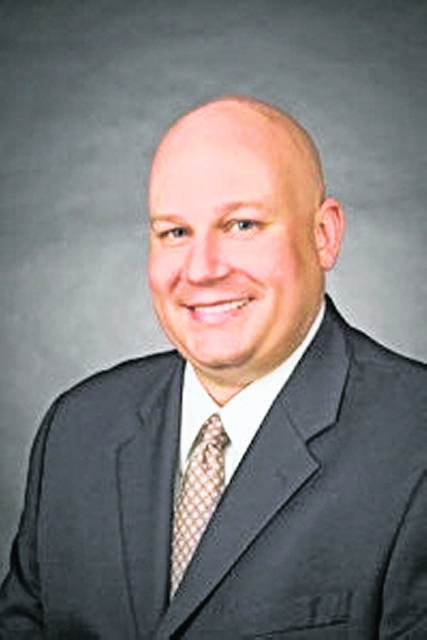Even basic internet competency empowers people to find at least some personal information that you may desire to keep confidential.
Confidentiality can be a matter of life and death for victims of domestic violence, stalking, human trafficking, rape or sexual battery. Ohio’s “Safe at Home” program keeps the residential (home) addresses of these victims confidential. Through Safe at Home, the Ohio Secretary of State is the keeper of victims’ actual addresses.
The Safe at Home program also keeps completely confidential (even from attorneys) certain real estate documents that would typically be conveniently publicly accessible, documents like deeds and mortgages that include victims’ property addresses and/or geographic coordinates. In these instances, the public records show ownership of property in a fictitious name created and managed by the Secretary of State.
Applying to participate in the Safe at Home program requires assistance, which can be accessed through most counties’ Crime Victim Services office.
For the rest of us who are not victims of such horrific crimes, we generally cannot keep our recorded deeds and mortgages from being accessible to the public, but some counties (including Allen) may limit online access to deeds and mortgages upon request as long as the documents remain available for review in-person at the Courthouse.
We may similarly want other information to be kept confidential. The law generally provides that a person may keep certain information confidential if the person (a) has a reasonable expectation that that information will be kept confidential and (b) actively protects the information.
With the ever-increasing avalanche of information available online, the expectation of privacy is diminishing. However, there are several “best practices” to avoid making information available to criminals in the first place and sometimes even removing information from being easily uncovered.
First, protect your home’s Wi-Fi with a unique password.
Second, avoid public Wi-Fi, even if that Wi-Fi has a password, like in restaurants and hotels. The password protects the business from non-customers/non-guests accessing the Wi-Fi. The password does not stop criminals on the same Wi-Fi from accessing your phone and its data.
Third, hide your “friends” lists on social media. Breaking into someone’s social media account is not necessarily easy. However, making a clone of someone’s social media profile is easy, and if the copied profile’s friend list is publicly accessible, it can be much easier for the cloned account to ingratiate itself to the copied profile’s friends upon whom fraud can be attempted.
Fourth, you can hide some of your personal information that comes up in Google. This tool only removes certain information from Google’s search results, not the internet itself.
To use this tool, you need to log in to Google (create an account if necessary) and investigate “results about you.” Review those results and add your personal information. Then, answer a few more questions and await Google’s email/message/emoji notifications when new information about you is uploaded to the internet. Upon getting Google’s notification, you can decide whether to “hide” the newly uploaded information from others using Google.
Lee R. Schroeder is an Ohio licensed attorney at Schroeder Law LLC in Putnam County. He limits his practice to business, real estate, estate planning and agriculture issues in northwest Ohio. He can be reached at [email protected] or at 419-659-2058. This article is not intended to serve as legal advice, and specific advice should be sought from the licensed attorney of your choice based upon the specific facts and circumstances that you face.







